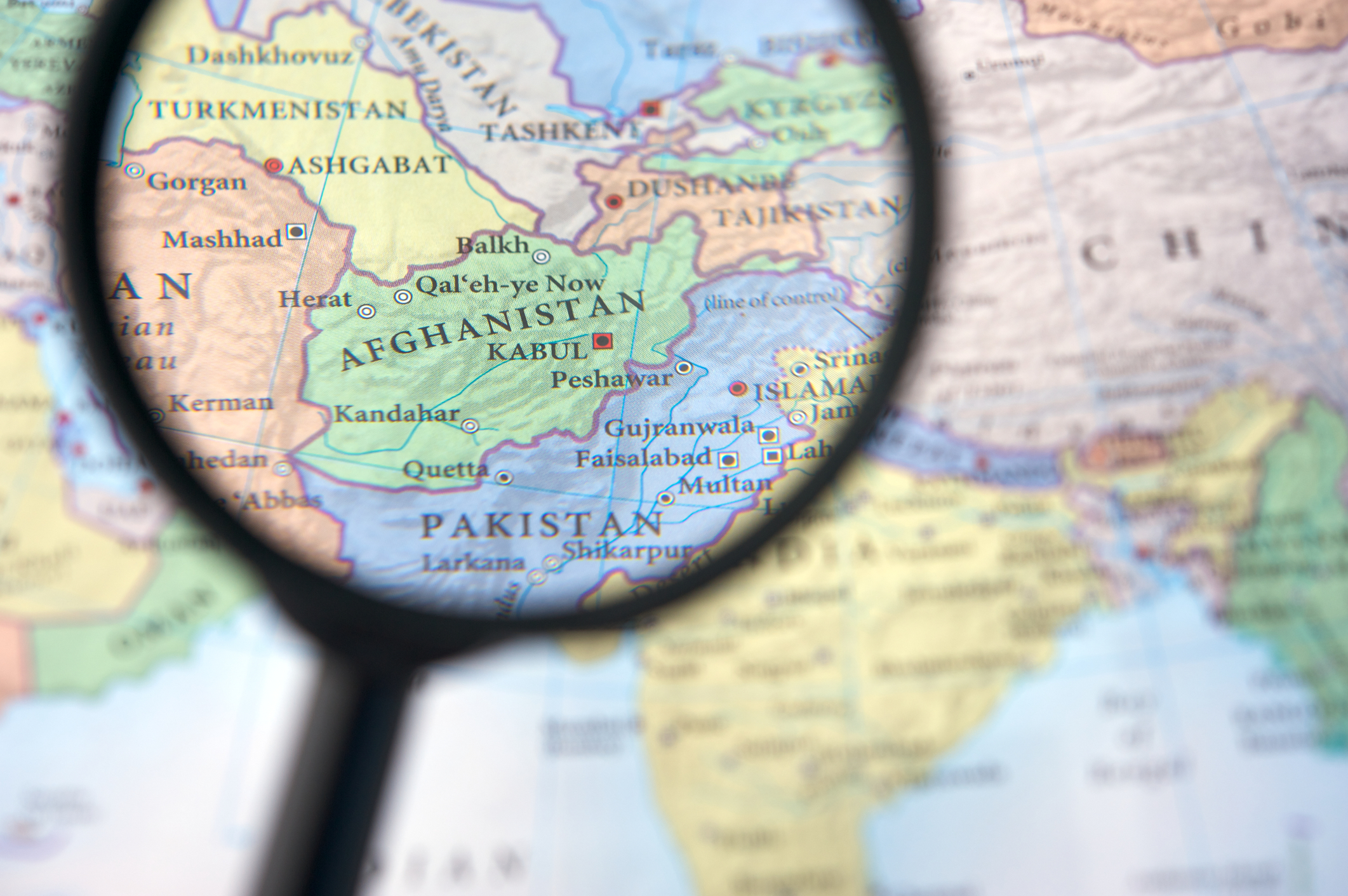By Pierre Tran
Paris – There was perhaps a faint echo of sweeping U.S. sanctions against Vietnam after 1975, as the people of Afghanistan face a winter of starvation due to international restrictions on humanitarian aid and on the Afghan banking system.
News pictures of a chaotic evacuation of Afghan and foreign nationals from Kabul last August prompted media reports to rerun that iconic image of a Huey helicopter on the rooftop of a CIA safe house on April 29 1975 in what was then Saigon.
Beyond the two rushed airlift operations, are there parallels between the dire economic conditions and punitive sanctions after the victories of the Taliban in Afghanistan, and the North Vietnamese forces south of the 17th parallel?
Such is the rising risk of widespread hunger in Afghanistan, former British prime minister Gordon Brown and The New York Times separately called for an easing of strict foreign control of humanitarian aid, and the Afghan central bank and commercial lenders.
“The Gulf states – Saudi Arabia, Qatar and the United Arab Emirates – have the money and have made offers to provide assistance, but they fear an American backlash,” Brown said in a Jan. 12 op ed in The Guardian, a British daily.
“Realistically, it will require the U.S. to break the logjam and end the cycle of starvation and death.”
Meanwhile, The New York Times said in a Jan. 14 editorial, “The Taliban remain on the U.S. sanctions list, so the international community has refused to give them money.”
The New York Times went on to say, “Even though U.S. Treasury Department officials say that the central bank of Afghanistan is not under sanctions, financial institutions around the world are treating it as if (it) was. Foreign banks are refusing to wire money to Afghanistan, not only because they don’t want to deal with the reputational risk, but also because they fear that the long arm of the U.S.”
There is that perceived risk of upsetting the U.S. authorities over Afghanistan and the very real punitive sanctions Washington imposed on Vietnam after the 1975 evacuation.
The U.S. cut diplomatic ties with Vietnam, and then imposed an economic embargo in 1978 after Vietnamese forces toppled the Khmer Rouge regime led by Pol Pot in Cambodia. That U.S. embargo, which included trade sanctions, was seen back then as punishment of Hanoi, with the victory of North Vietnamese forces fresh in the memory of Washington policy makers.
The U.S. also made sure Vietnam could not receive support from the International Monetary Fund and the World Bank, at a time when the southeast Asian nation was struggling with widespread poverty. The Vietnamese economy – and the people – suffered from weak growth for the 1980s and it was only in 1994 the then Clinton administration lifted the trade embargo and normalized relations with Hanoi.
That allowed the two nations to sign a bilateral trade agreement in 2001, which included a lifting of non-tariff barriers.
Vietnam showed interest in ordering second-hand, refurbished Lockheed Martin P-3 and S-3 Orion maritime patrol aircraft, Reuters reported in 2016, after the then Obama administration lifted the arms embargo.
That lifting of the arms embargo came despite what broadcaster CNN reported in 2016 as Vietnam’s “dismal” record in human rights, which included the jailing of dissidents.
Vietnam operates a fleet of Airbus C-212 maritime patrol aircraft.
The U.S. handed over of six Metal Shark coastal patrol boats to the Vietnamese coast guard, the American embassy reported in May 2017.
With normalization of trade relations, the U.S. became the leading destination for Vietnamese exports, with shipments of textiles, electronics, and seafood, the Council on Foreign Relations reported in 2019. The U.S. exports to Vietnam included cotton, computer chips, and soya beans. Bilateral trade rose to more than $60 billion in 2018 from $451 million in 1995.
On the human rights front, the Vietnamese authorities sentenced on Dec. 14 2021, Pham Doan Trang, a journalist and author, to nine years of prison, with the indictment citing her giving interviews to Radio Free Asia and the BBC.
In the wake of the 1975 victory, there were re-education camps, which saw South Vietnamese officials and personnel being lectured where they had gone wrong.
In Afghanistan, the Taliban have re-opened schools for secondary education for boys but effectively banned girls from the class room.
Concern over such measures lay behind the U.S. limiting the release of humanitarian aid. But Washington has eased those restrictions and backed a U.N. security council resolution which exempted most aid from sanctions aimed at the Taliban.
The U.S. Treasury agreed to widen the definition of humanitarian aid by including education, allowing a broader use of funds by aid organizations in Afghanistan. That U.S. agreement meant Afghan teachers could get paid.
The U.N. security council adopted the resolution Dec. 22 2021.
Aid organizations had been pushing the U.S. to ease restrictions, intended to deter the Taliban from weakening women’s rights. Those U.S. restrictions were seen by the aid agencies as increasing the prospect of starvation across the country.
The U.S. backing for the U.N. resolution required a review of the mechanism in a year and full reporting requirements.
Washington has frozen some $9 billion of reserves the Afghan central bank held in the U.S., on the grounds that it was unclear who should have access to the funds. That has led to a severe lack of liquidity for the Afghan banking system and scarce cash for the people of Afghanistan.
Featured Graphic: Photo 23407126 / Afghanistan © Juan Camilo Bernal | Dreamstime.com


